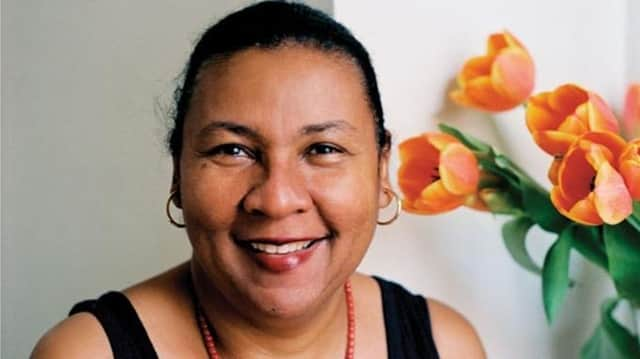bell hooks: Author and feminist dies aged 69


The author of Ain't I a Woman? Black Women and Feminism and And There We Wept passed away on Wednesday at her home in Kentucky, according to a statement posted on social media.
bell hooks’ real name was Gloria Jean Watkins, however, she chose her known pen name after her great-grandmother's name Bell Blair Hooks.
Advertisement
Hide AdAdvertisement
Hide AdHer pen name was purposefully spelled with lower case letters to focus attention on her message rather than herself.
Ebony Motley, the writer's niece, posted a statement on Twitter confirming the news of her death.
The statement reads: “The family of Gloria Jean Waltkins is deeply saddened at the passing of our beloved sister on December 15, 2021,
"The family honored her request to transition at home with family and friends by her side.”
hooks was born on September, 25, 1952 in Hopkinsville, Kentucky and was the fourth of seven siblings.
She attended segregated schools in Christian County before going on to Stanford University in California. She earned a master's in English at the University of Wisconsin and a doctorate in literature at the University of California at Santa Cruz.
In 1978, she published her first book of poems And There We Wept and Ain't I a Woman? Black Women and Feminism was published in 1981.
Her works includes around 40 books that are now published in 15 different languages.
Advertisement
Hide AdAdvertisement
Hide Adhooks's writing focuses on the intersectionality of race, capitalism, and gender, and what she called the ability to produce and perpetuate systems of oppression and class domination.